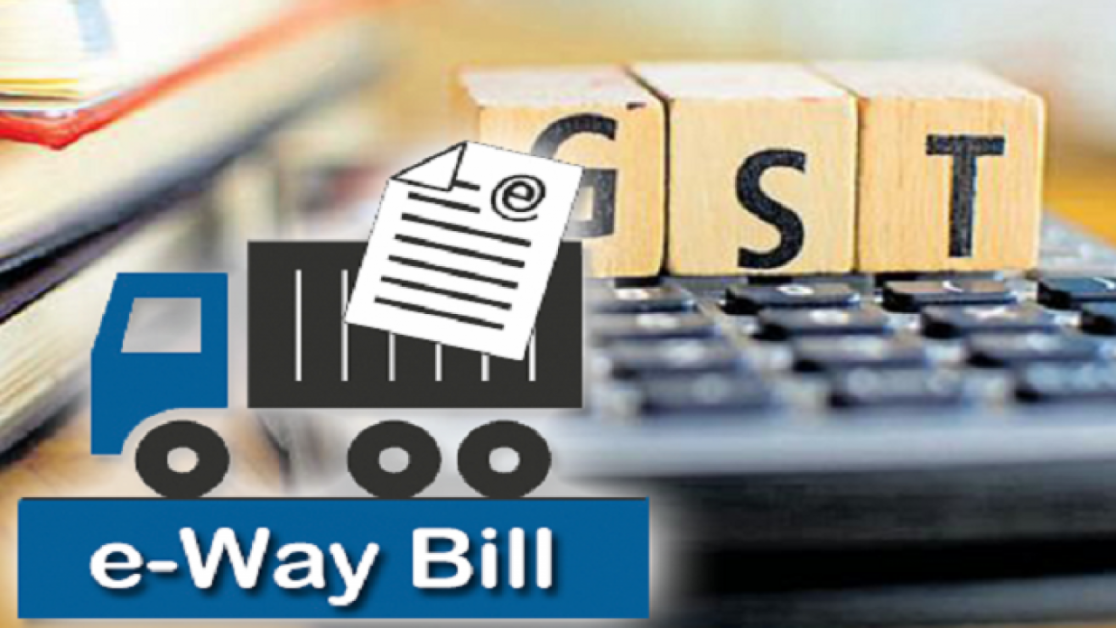According to a GST portal advice, all taxpayers will be required to use Multi-Factor Authentication (MFA) starting on April 1 of next year in order to use the new versions of the E-Way Bill and E-Invoice Systems for all assesses. Additionally, new clauses will be added to limit the creation of E-Way Bills.
According to the advice, MFA will be required for taxpayers whose aggregate annual turnover (AATO) exceeds ₹20 crore as of January 1, 2025; for those whose AATO exceeds ₹5 crore as of February 1, 2025; and for all other taxpayers and users as of April 1, 2025. For taxpayers with an AATO above ₹100 crore since August 20 of last year, MFA is required; for those with an AATO over ₹20 crore since September 11, 2023, it is optional.
These modifications have been made in anticipation of the National Information Center’s (NIC) January 1, 2025, rollout of new E-Way Bill and E-Invoice Systems. According to the advice, “these updates are intended to improve the portals’ security, in accordance with best practices and government guidelines.”
A person in charge of the conveyance transporting any consignment of goods valued at more than ₹50,000 must carry an E-Way Bill. It is produced by registered individuals or transporters who cause the movement of consignment items prior to the start of such movement using the GST Common Portal for the E-Way Bill system.
As per Rule 48(4) of CGST Rules, the notified class of registered persons has to prepare an invoice by uploading specified particulars of the invoice (in FORM GST INV-01) on the Invoice Registration Portal (IRP) and obtain an Invoice Reference Number (IRN). After following the above ‘e-invoicing’ process, the invoice copy containing inter alia the IRN (with QR Code) issued by the notified supplier to the buyer is commonly referred to as ‘e-invoice’ in GST.
It is important to note that ‘e-invoice’ in ‘e-invoicing’ doesn’t mean the generation of an invoice by a government portal. The invoice not registered on the portal will not be valid. In such a situation, input tax credit (ITC) on the same cannot be availed by the recipient and will attract applicable penalties. Since August 1, 2023, E-Invoice is mandatory for assesses with AATO of ₹5 crore.
Meanwhile, the advisory said that e-way Bill generation will be restricted to documents dated within 180 days from the date of generation. For instance, documents dated earlier than July 5, 2024, will not be eligible for E-Way Bill generation starting January 1, 2025. Furthermore, the extension of E-Way Bills will be limited to 360 days from their original generation date. For example, an E-Way Bill generated on January 1 next year can only be extended up to December 25, 2025.
“Taxpayers are requested to familiarize themselves with these updates and incorporate the necessary adjustments into their compliance processes,” the advisory said.







